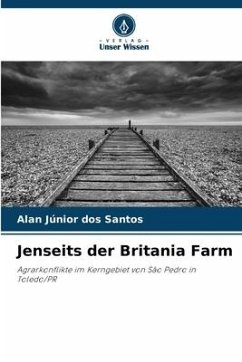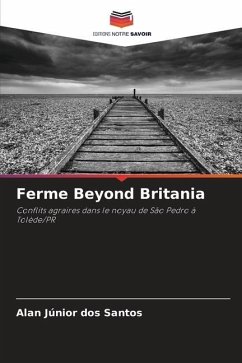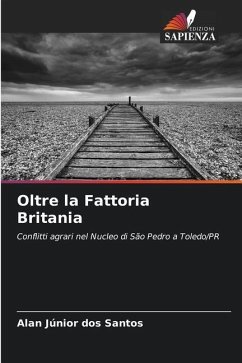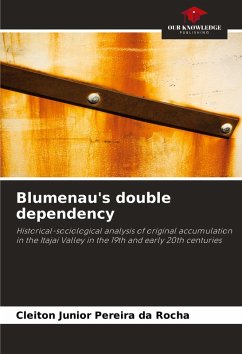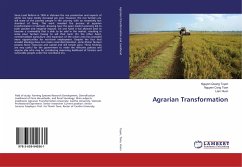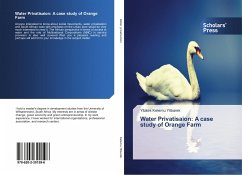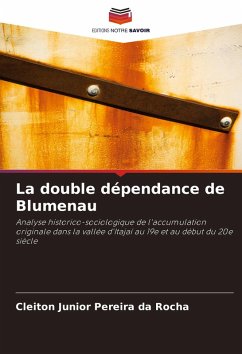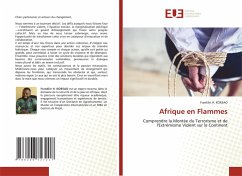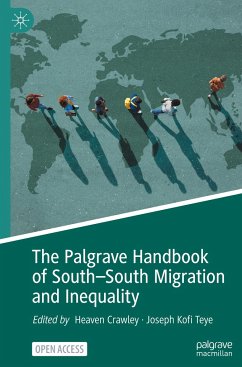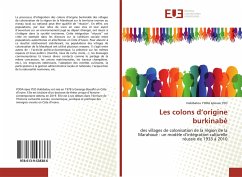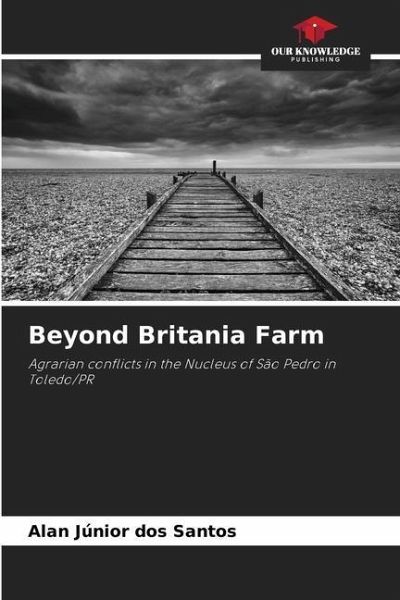
Beyond Britania Farm
Agrarian conflicts in the Nucleus of São Pedro in Toledo/PR
Versandkostenfrei!
Versandfertig in 6-10 Tagen
27,99 €
inkl. MwSt.

PAYBACK Punkte
14 °P sammeln!
The occupation and colonization of Western Paraná, a frontier region, is historically known for its various struggles and conflicts involving mainly farmers, squatters, settlers, jagunços, colonizers and the public power over land ownership. However, in the midst of such widespread disputes, in 1946, a space began to be thought of and built with the aim of organising a community free from the confusion and disputes over land ownership. A community centered in the small property and with the force of arms of Italian and German immigrant descendants fined the first stakes that delimited the ph...
The occupation and colonization of Western Paraná, a frontier region, is historically known for its various struggles and conflicts involving mainly farmers, squatters, settlers, jagunços, colonizers and the public power over land ownership. However, in the midst of such widespread disputes, in 1946, a space began to be thought of and built with the aim of organising a community free from the confusion and disputes over land ownership. A community centered in the small property and with the force of arms of Italian and German immigrant descendants fined the first stakes that delimited the physical and cultural borders of a society with individuals carefully pre-selected, as much in religion, as in colour, experience and descent, located in the old Britânia Farm and that became part of the MARIPÁ Colonization Company. In 1951, in this same locality, the city of Toledo was born, and with it new frontiers and new spaces were integrated to the old Britânia Farm. One of these spaces is the Núcleo de São Pedro do Iguaçu. A locality little investigated by local historiography, but that brings in its history serious conflicts over land.



